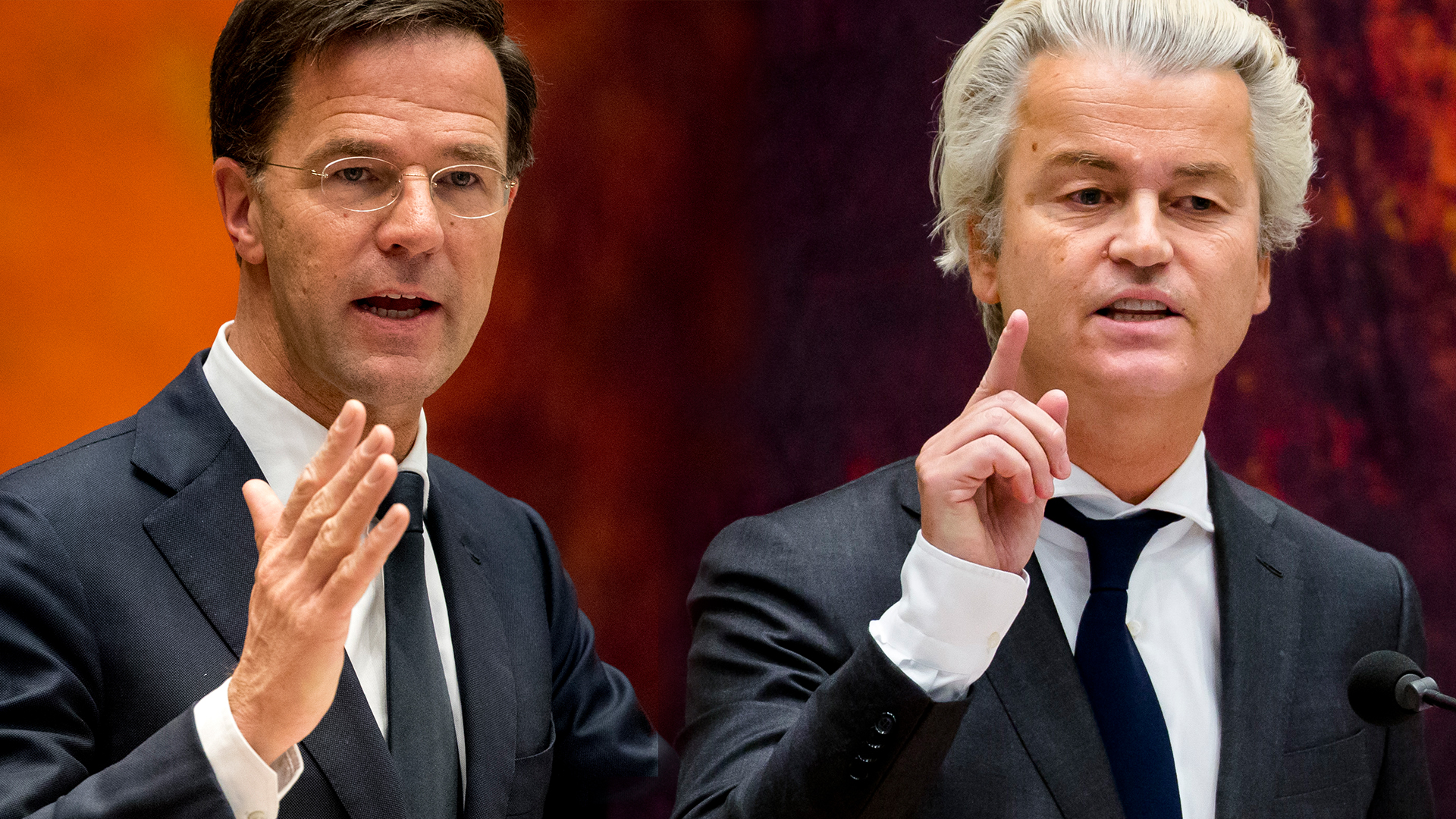Most people have declared the Dutch election last week as a clear victory against the new populism that’s already claimed scalps in Britain and the US. Wilders sought to break through and become the largest party; he failed. Wilders had a nationalist message of anti-Islamism and inwardness, which the Dutch rejected. On first glance, it seems quite easy to say that tolerant, liberal, globalist politics won.
But look underneath the surface and it was a pyrrhic victory. The first thing to note is that, while the PVV under Wilders didn’t sweep all before them, they still gained five seats to become the second-largest party in the Netherlands (where before they were third-largest). Sure, it’s not a ringing endorsement, but giving a party another five seats is hardly a resounding rejection of their manifesto.
With these results, Wilders has changed the arithmetic of Dutch politics. Before, Prime Minister Mark Rutte could rule with a coalition of two parties, his own VVD and the PvdA (Labour Party). Now, after these results, a coalition of at least four parties is needed for a majority. Needless to say, this will make for complex coalition talks and could lead to long negotiations ahead. The parties of Rutte’s previous administration, the VVD and PvdA, were also punished severely, losing 8 and 29 seats respectively.
There are also signs that the same patterns – of neglected regions throwing themselves into populist revolt in exasperation at the status quo – is repeating in the Netherlands. Limburg, one of the poorest regions in the country, has become a stronghold of the PVV. Although a de-industrialised, deprived region flirting with populism is somewhat predictable, it is still a warning that globalisation and growth must be carefully managed to avoid backfiring.
But the most insidious thing to take away from this election is not the seat numbers. It is the fact that to hold onto his job, Mark Rutte himself veered to the right, echoing the PVV on certain issues. One of his election slogans in January was “doe normaal, of ga weg”. Roughly translated? “Integrate, or leave”. In brief, to woo PVV voters Rutte started speaking some of the language of Wilders, talking tough on immigration and integration. More broadly, the discussion in the Netherlands is becoming increasingly about immigration and cultural values. Where Wilders failed to gain the most seats, he has nevertheless succeeded in shifting the agenda – and, as Rutte showed, other politicians have been willing to drift in his direction.
That the PVV failed to become the governing party is not surprising. No-one was seriously expecting that Wilders would be the Netherlands’ next PM, not least because no other parties were willing to work with him. What he has managed to do instead is fracture the Dutch parliament, making governance a much more complicated matter than it was previously, and to shift the national conversation in the Netherlands to his preferred issues.
Although Rutte has emerged bruised but victorious, this was only round one. Where things will get really interesting is in the next few years, as Rutte seeks to build a viable coalition and Wilders plays his preferred game of trouble-making from the opposition benches. It is crucial that those who oppose the PVV do not rest on their laurels and regard this election as a definitive result; Wilders might not have made it big this election, but neither he nor his support have gone away.
Samuel Robinson
(Image courtesy of WNL)

